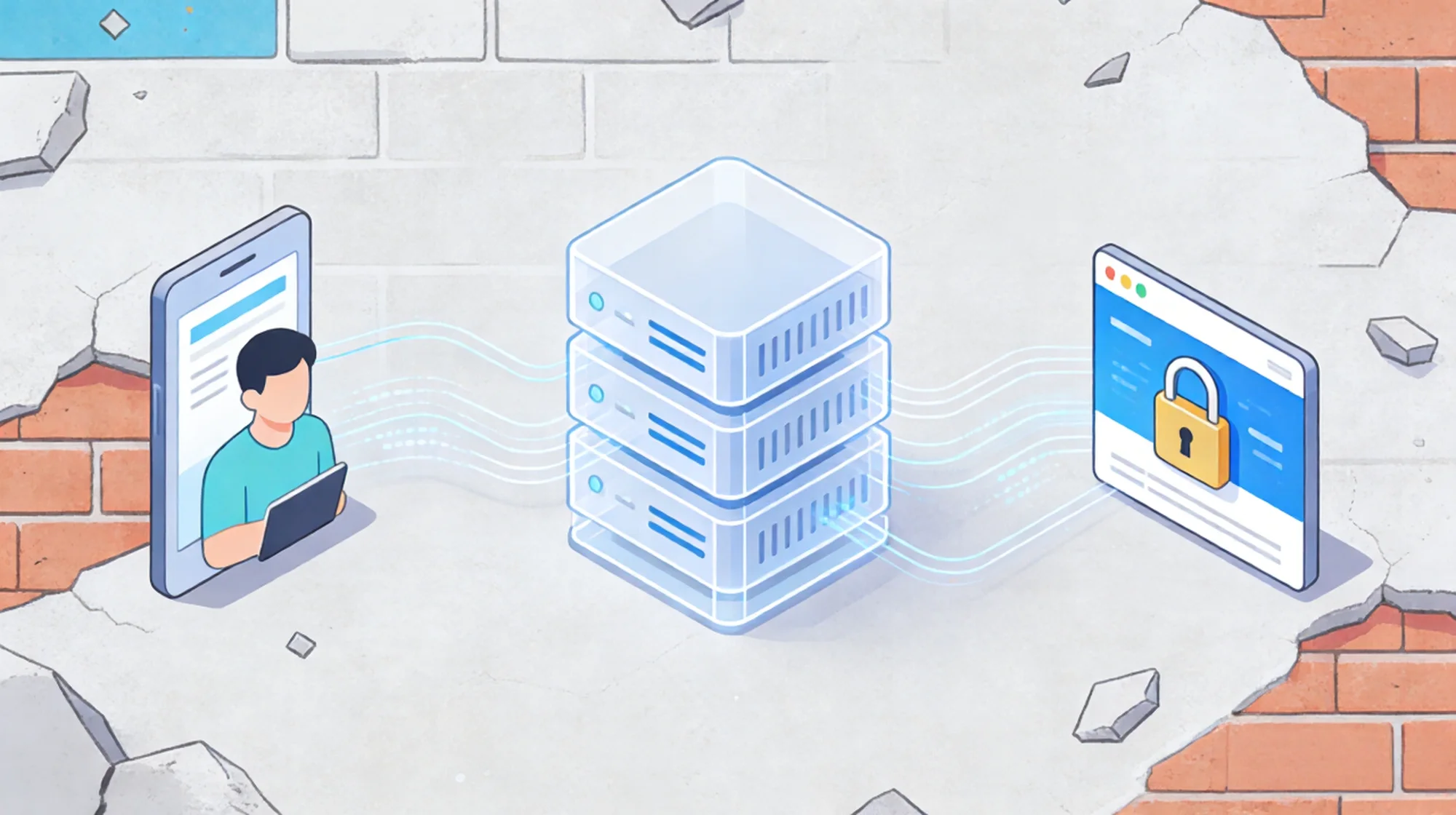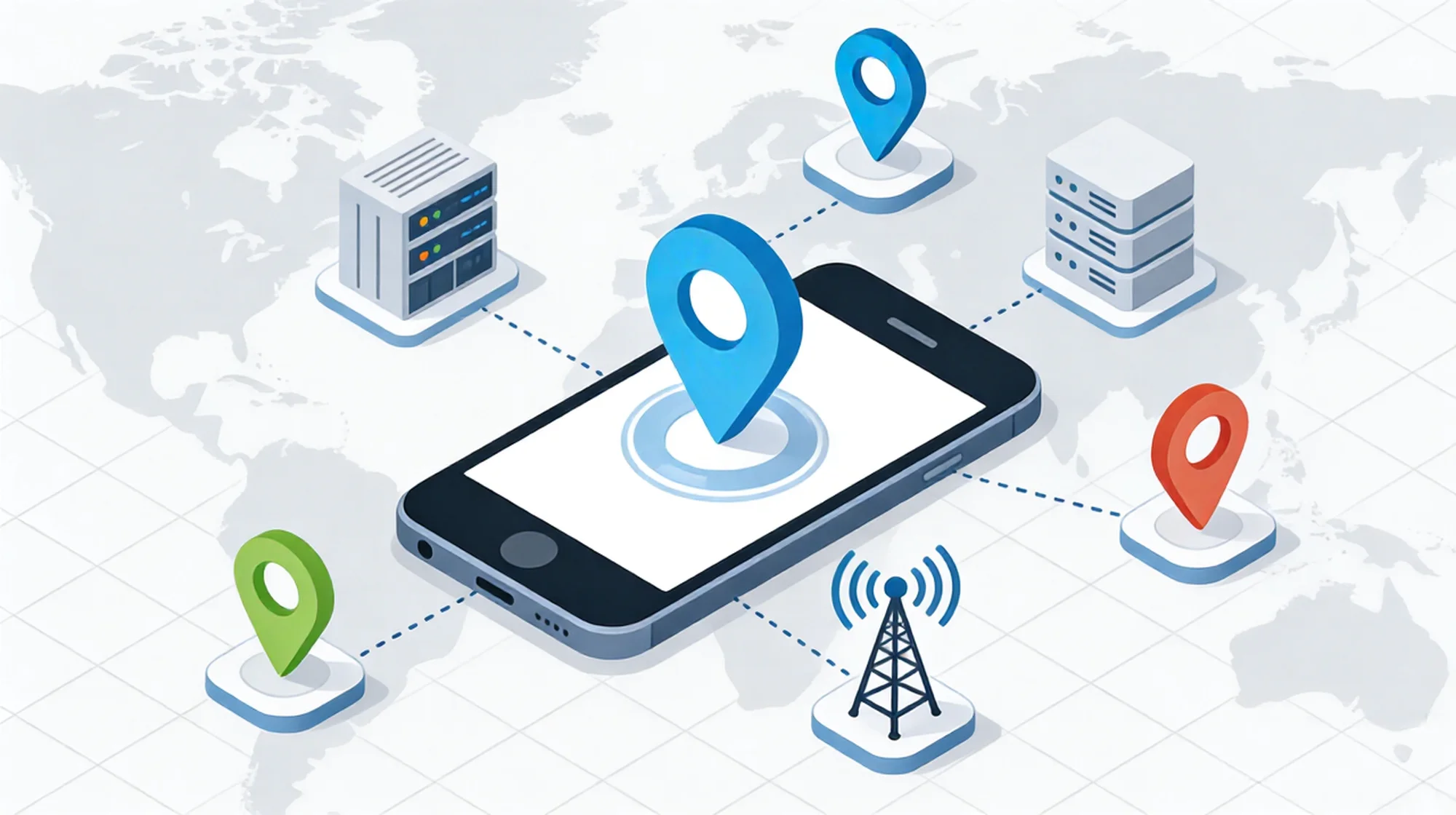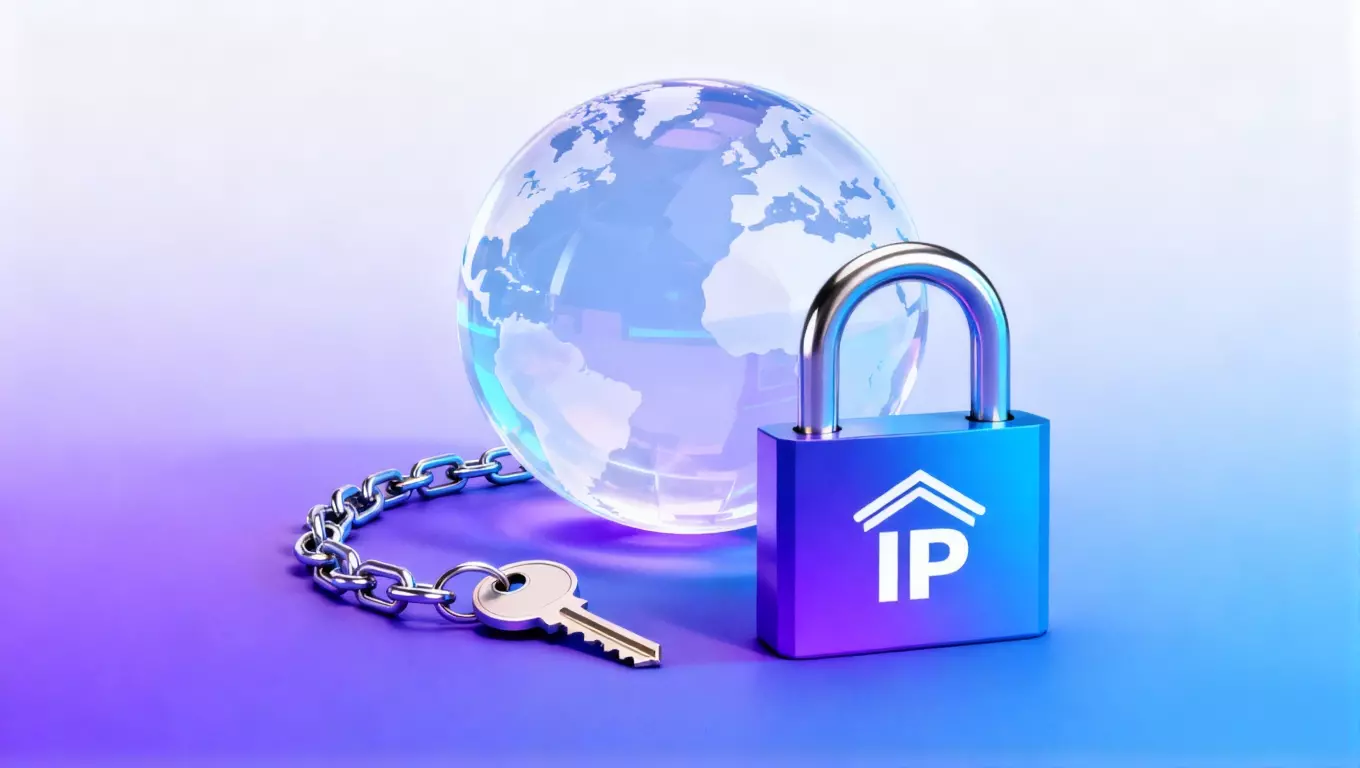The internet connects people, businesses, and information across the globe, but it also brings risks like privacy violations, data breaches, and surveillance. To safeguard personal data, many turn to proxy servers. But what exactly are proxies, how do they work, and why are they essential for online privacy?
In this article, we’ll explore the basics of proxies, the different types available, and why both individuals and businesses need them for a secure online experience. Whether you’re a tech enthusiast or simply concerned about your digital footprint, understanding proxies can help you protect your online presence.

What is a Proxy Server?
A proxy server acts as an intermediary between a user’s device (like your computer or smartphone) and the websites or services you access online. Instead of directly connecting to a website, your requests pass through the proxy server, which then forwards them to the website. The website, in turn, responds to the proxy, which sends the data back to you.
The proxy server essentially “hides” your actual IP address from the websites you visit, replacing it with its own. This process not only enhances privacy but also improves security by masking your identity and location.
Example:
Let’s say you want to visit a website, but you don’t want the site to know your real IP address. You use a proxy server, and instead of your IP address appearing, the website sees the proxy server’s IP address. The website never gets to know where you really are or any other identifying information about you.
Why Are Proxies Important for Online Privacy?
There are several reasons why proxies are essential for safeguarding your privacy online:
- Anonymity By masking your IP address, proxies help keep your identity hidden from websites, advertisers, and potential hackers. This is especially important for individuals who are concerned about their digital privacy.
- Bypass Geo-Restrictions Many websites and streaming platforms restrict access to content based on geographic location. A proxy can make it appear as though you’re browsing from a different location, bypassing these restrictions. This is useful for accessing region-specific content on platforms like Netflix or YouTube.
- Avoiding Tracking Advertisers and data collectors use your IP address to track your online behavior. By using a proxy, you can reduce the chances of being targeted with personalized ads and protect your browsing habits from being monitored.
- Improved Security Proxies can provide an additional layer of security by filtering malicious content, blocking harmful websites, and protecting against phishing attempts. This is particularly important for businesses handling sensitive customer data.
- Accessing Restricted Networks Many businesses and institutions restrict access to their networks for security reasons. With a proxy, remote workers or users from other countries can safely access these restricted networks without compromising security.
Different Types of Proxies
Not all proxies are created equal. Depending on your needs, there are several different types of proxies, each offering distinct features. Here’s a look at the most common types:
- Static Residential Proxies These proxies are assigned by Internet Service Providers (ISPs) to homeowners and are typically used by businesses and individuals for a stable, long-term connection. Static residential proxies are ideal for tasks that require a consistent, reliable connection. They’re often used for data scraping, social media management, and market research.
- Dynamic Residential Proxies Unlike static proxies, dynamic residential proxies change periodically. They are ideal for tasks that require multiple IP addresses over time, such as web scraping or ad verification. Dynamic proxies offer flexibility while maintaining the reliability of residential IP addresses.
- Datacenter Proxies These proxies come from data centers, not ISPs. While they’re often faster and cheaper than residential proxies, they’re easier for websites to detect because they don’t originate from typical residential locations. They are typically used for tasks like price comparison, data mining, and other non-sensitive activities.
Key Benefits of Using Proxies for Businesses
Businesses that rely on large-scale data collection or need to maintain privacy and security during online operations can greatly benefit from proxies. Here are some of the key benefits:
- Improved Market Research With proxies, businesses can perform web scraping without the risk of being blocked or banned by websites. This enables companies to gather competitor data, monitor market trends, and analyze consumer behavior.
- Better Data Privacy For businesses handling sensitive data, proxies can reduce the risk of data breaches and cyberattacks by acting as a barrier between their network and the internet. Using secure proxy solutions ensures that all data transfers are encrypted and protected.
- Access to Global Markets Proxies allow businesses to access global markets by bypassing geo-blocking and local restrictions. This helps companies gain a wider perspective on international trends, products, and customer sentiment.
- Ad Verification Ad verification is a crucial task for advertisers to ensure that their ads appear in the right locations and target the right audience. Proxies help verify ads in real time and protect brands from fraudulent ad activities.
Choosing the Right Proxy Provider
When it comes to selecting a proxy provider, it’s essential to choose one that offers reliable, secure, and diverse IP resources. Look for providers who use self-built servers and have robust algorithms to filter and select high-quality IP addresses. Providers should also ensure that their proxies offer high success rates, low latency, and strong security protocols.
One such provider is IPHALO, which offers a diverse array of static residential proxies, dynamic residential proxies, and datacenter proxies. By leveraging self-built servers and proprietary algorithms, they ensure customers access some of the highest quality proxy resources available worldwide.

Conclusion
Proxies are powerful tools for enhancing online privacy, bypassing geo-restrictions, and improving security. Whether you’re looking to protect your personal data or need to perform large-scale data scraping, proxies offer a practical solution. By choosing the right proxy provider, you can ensure that your online activities remain secure, anonymous, and efficient. Understanding the different types of proxies and their benefits can help you make informed decisions about your online privacy needs.







